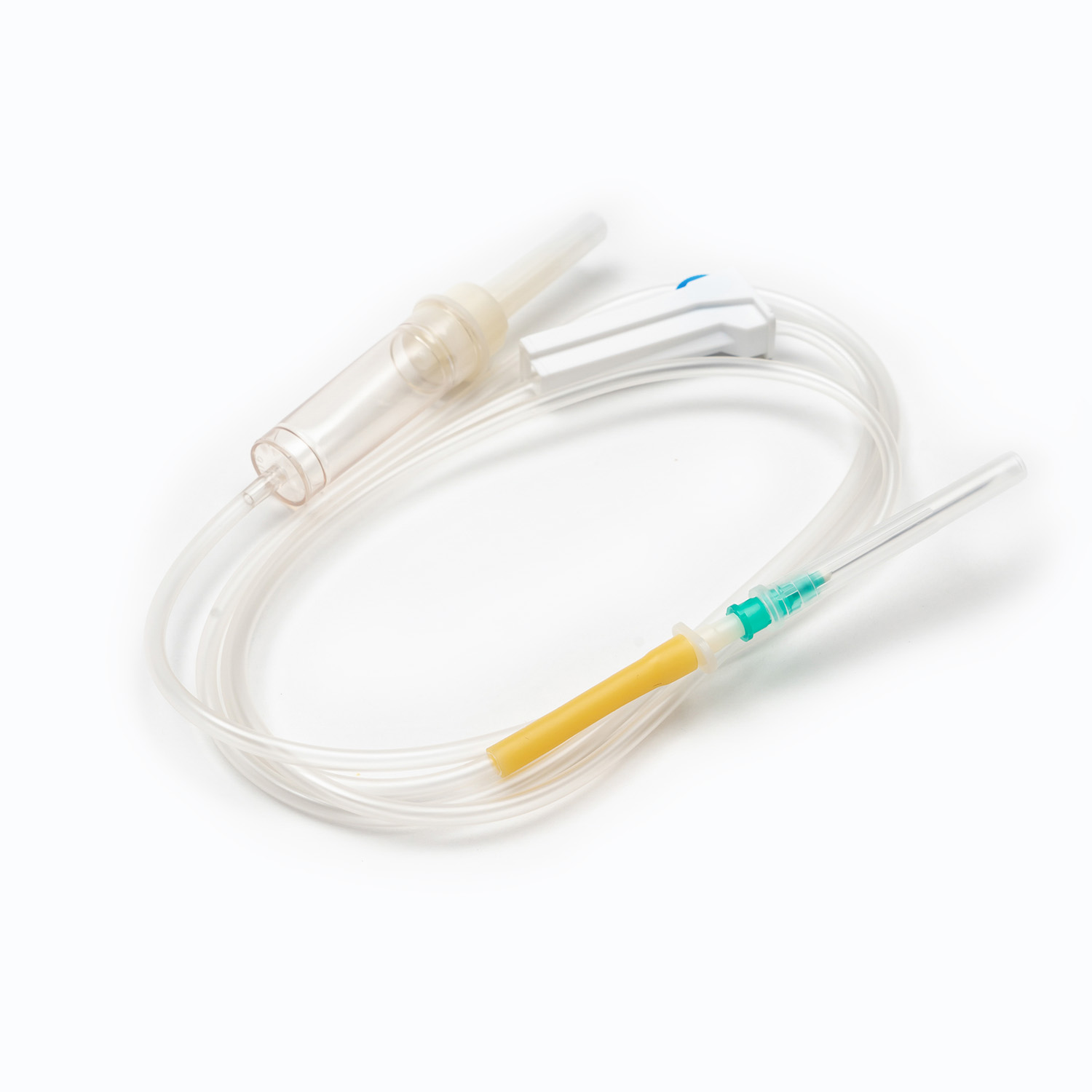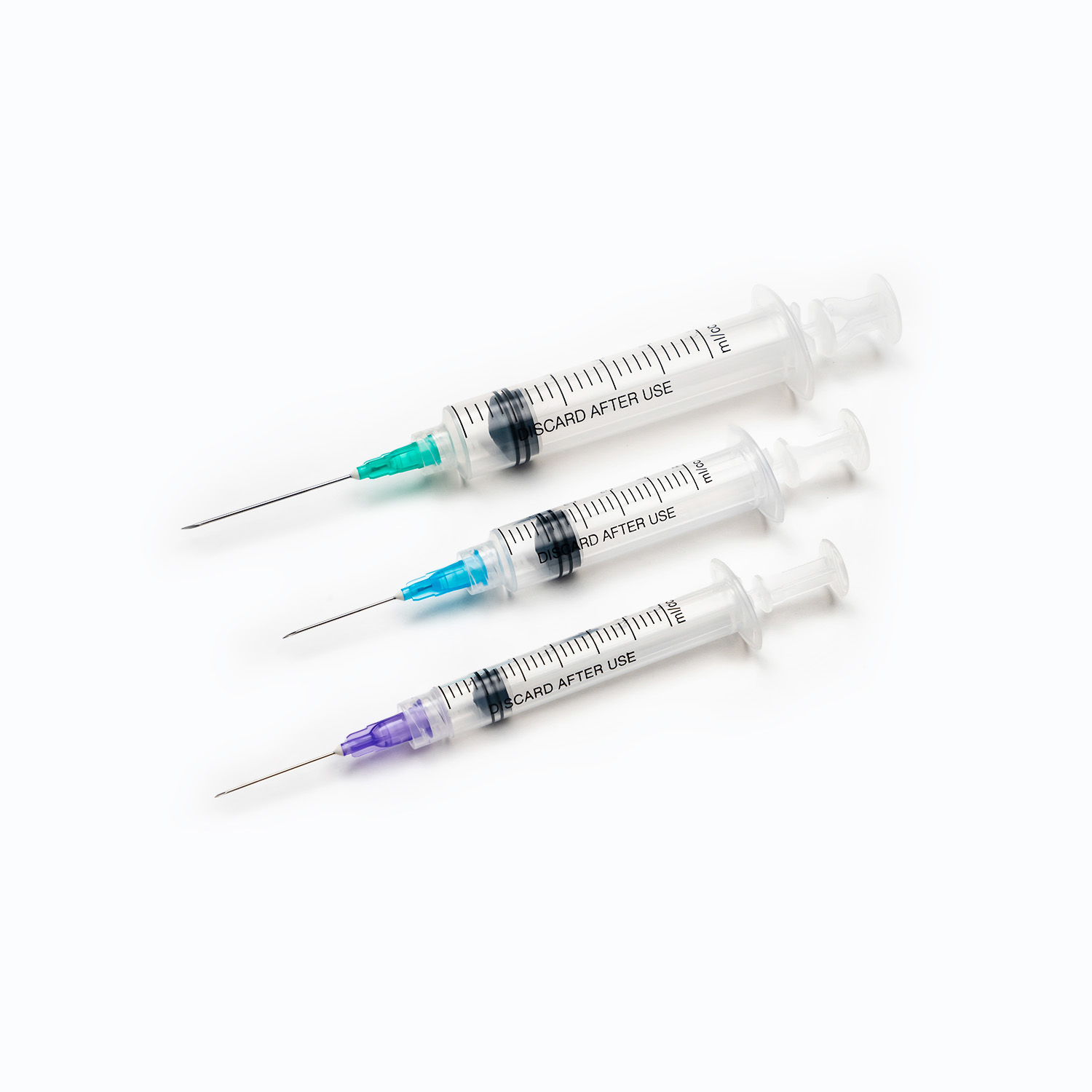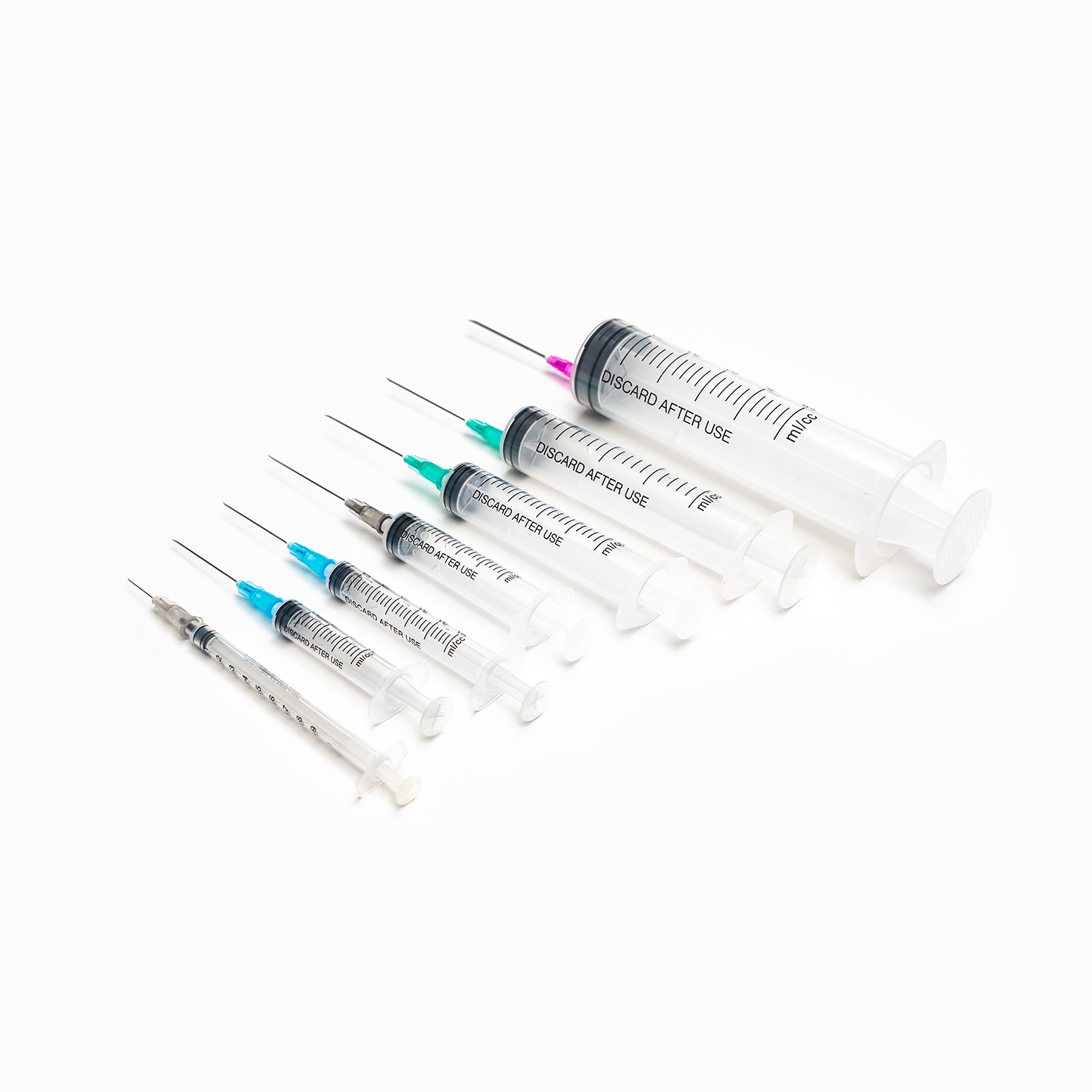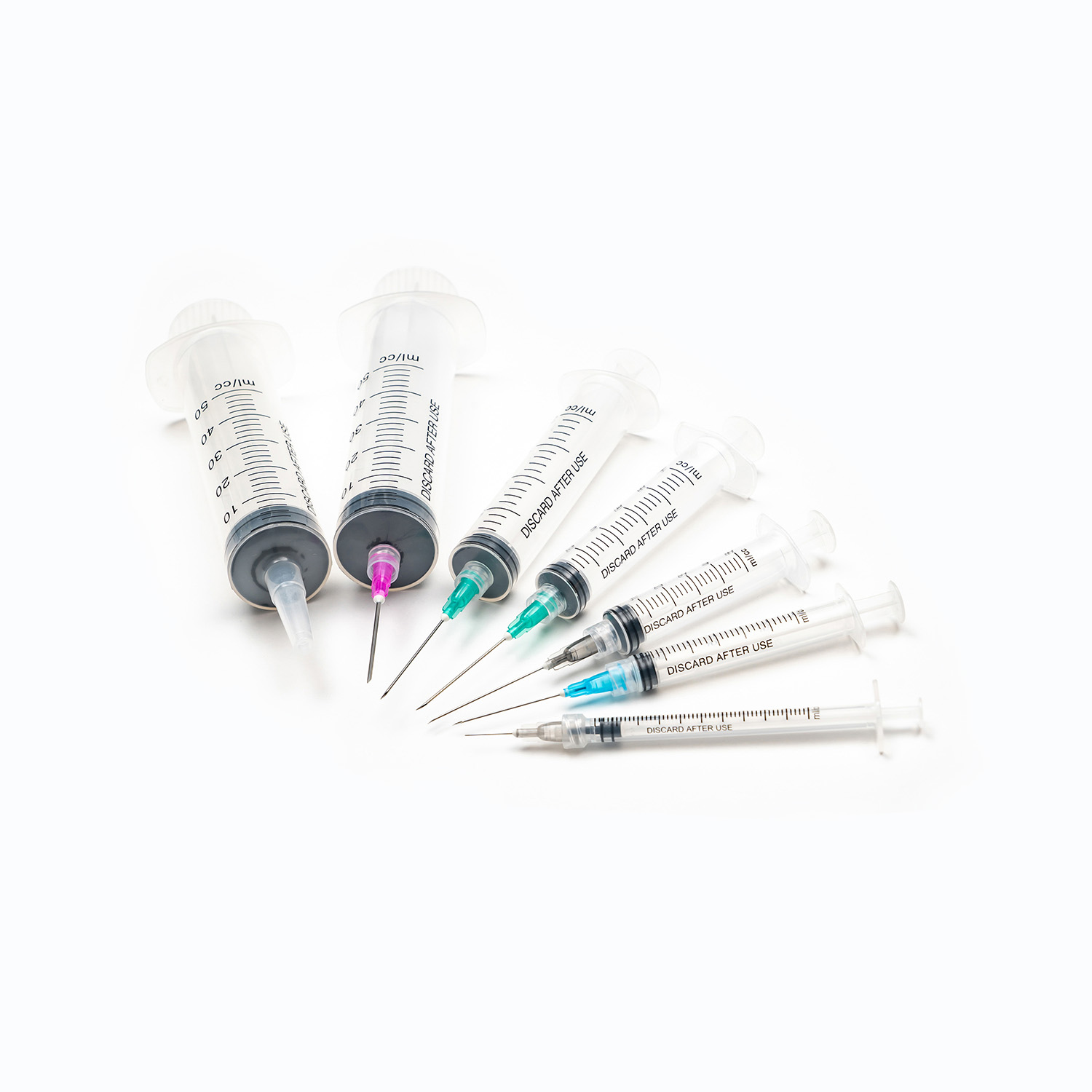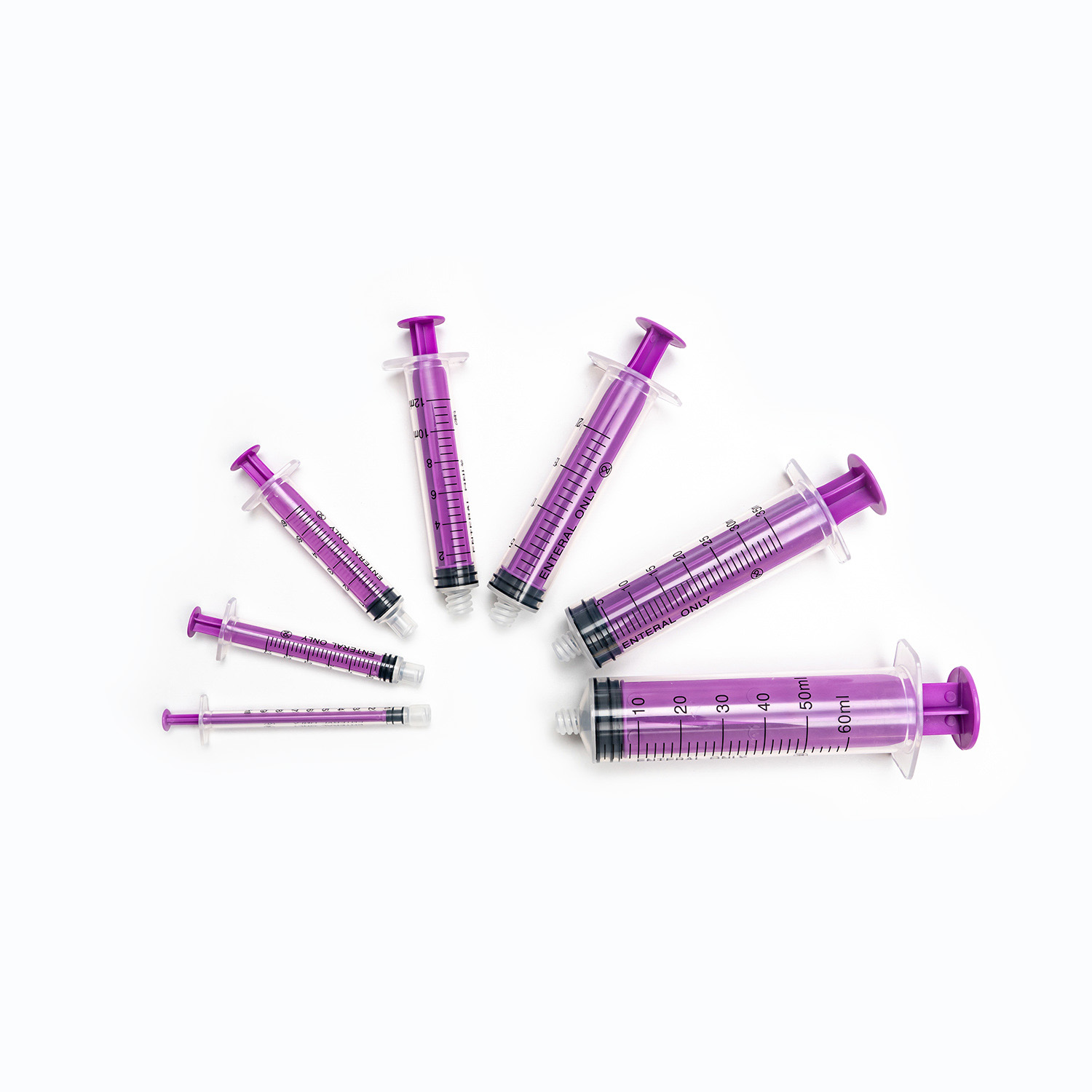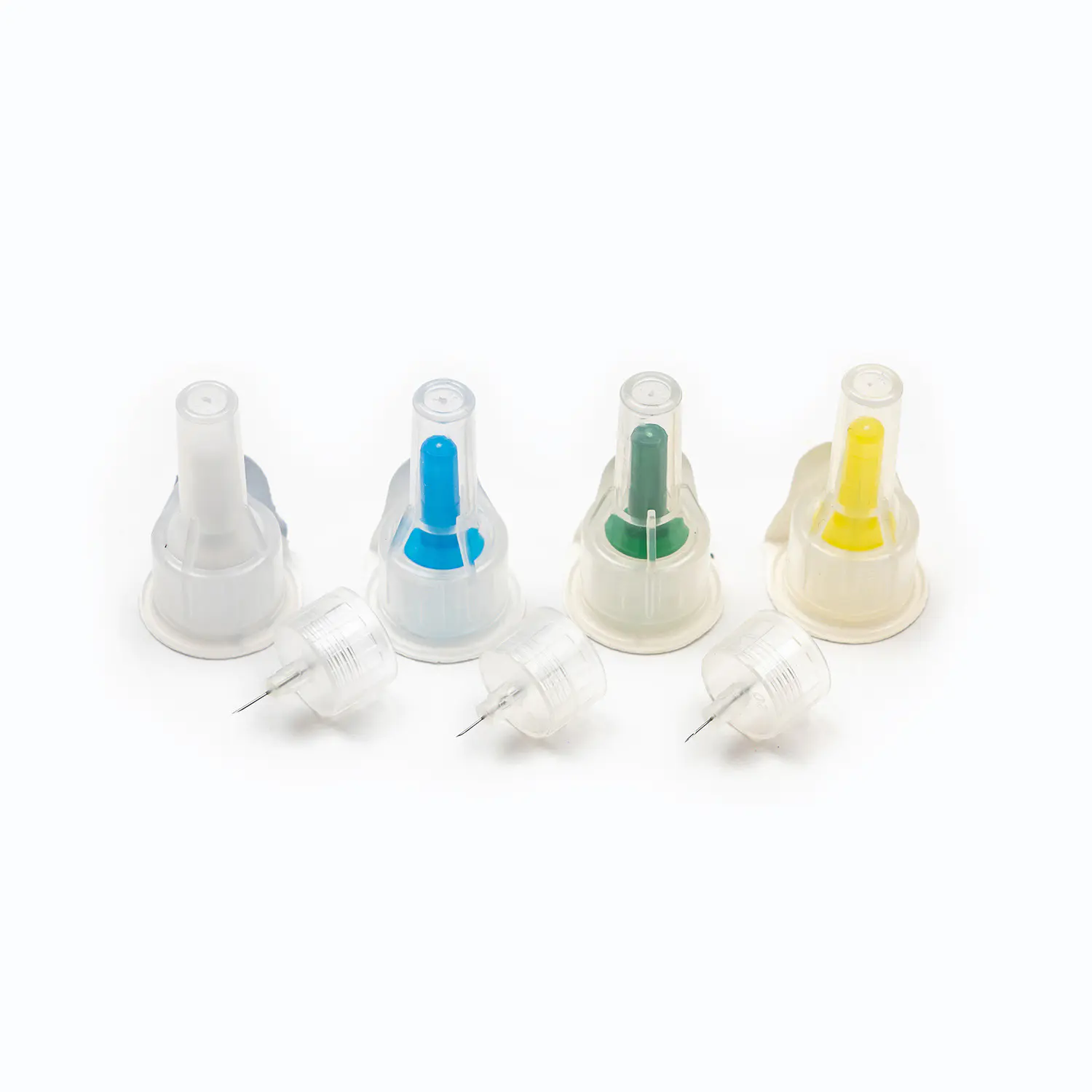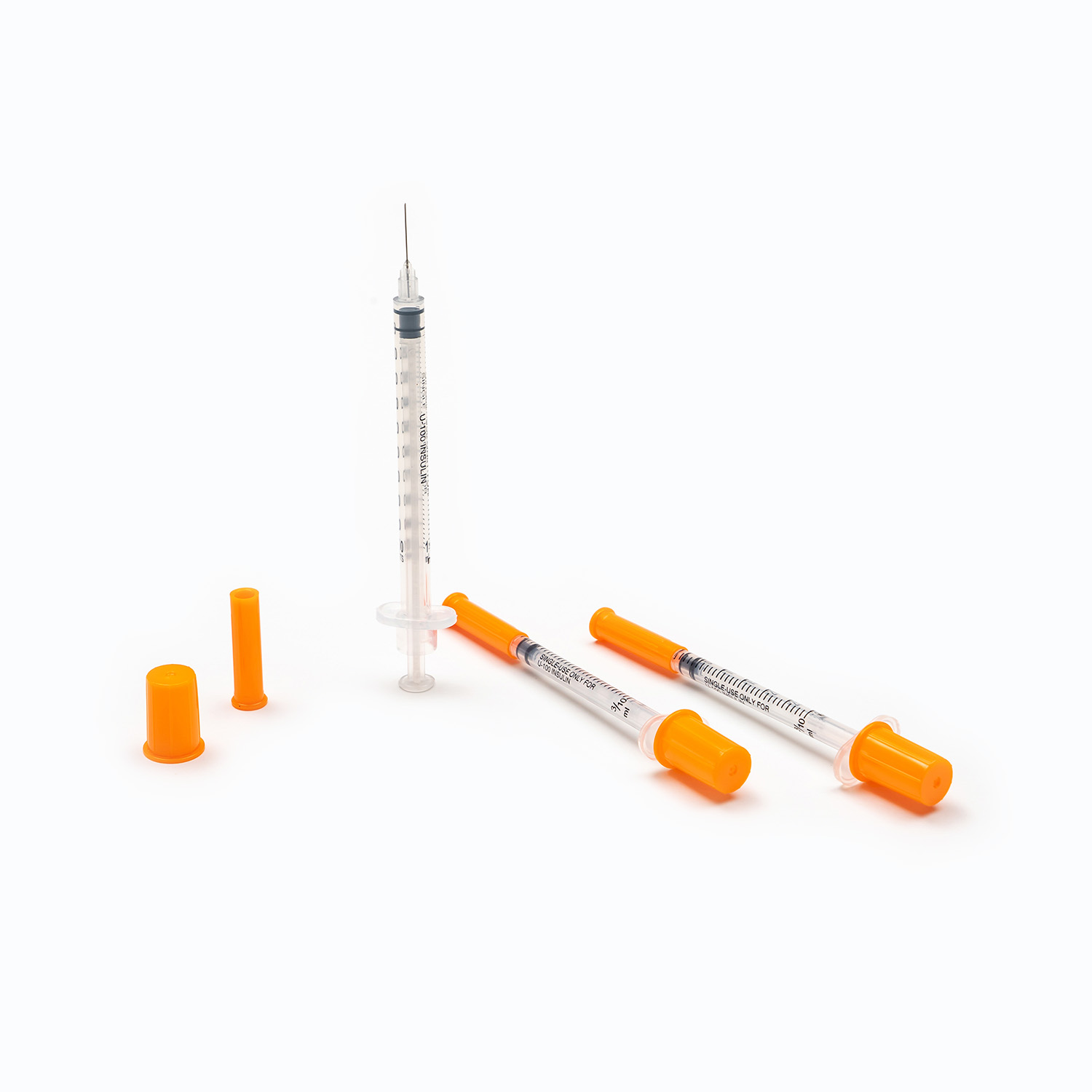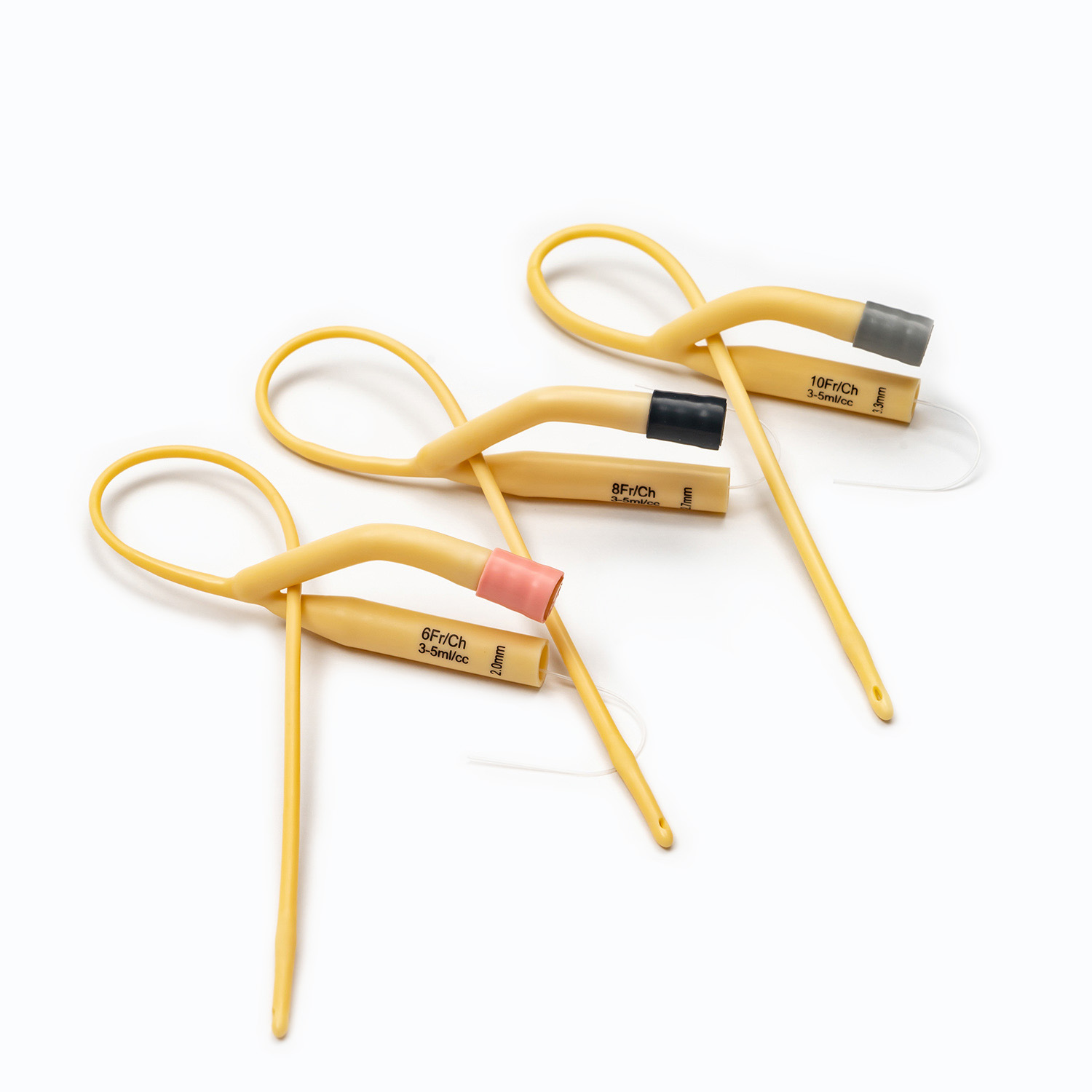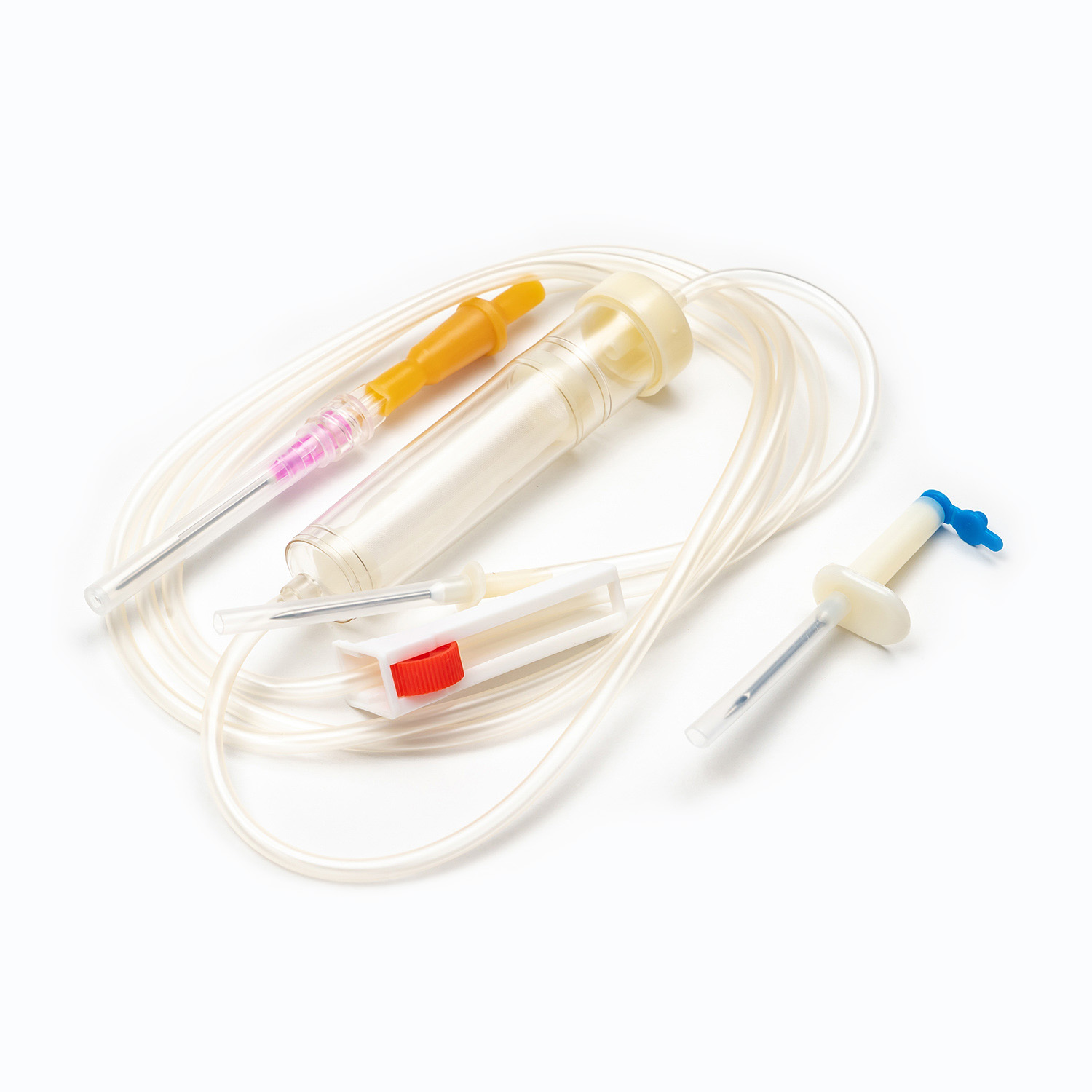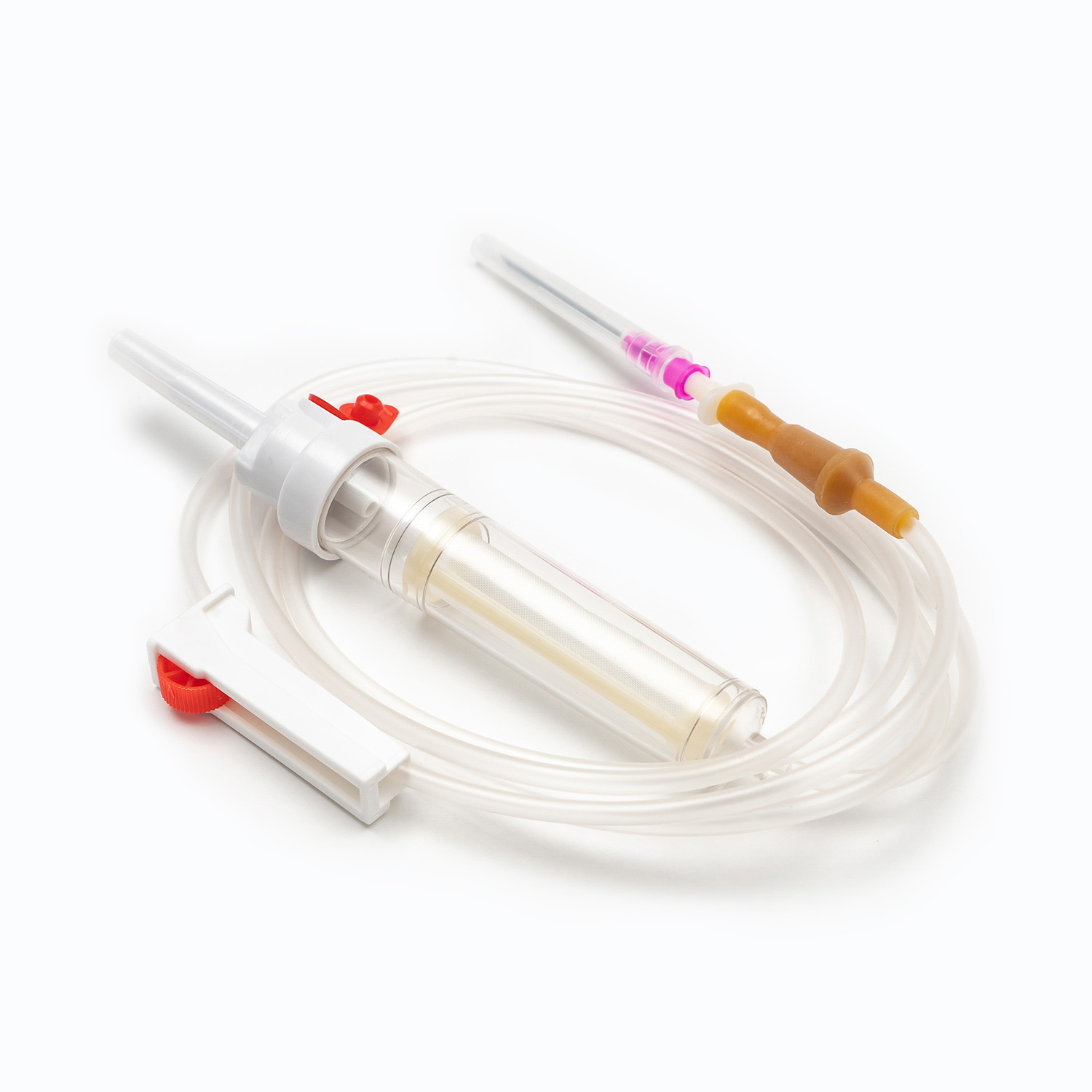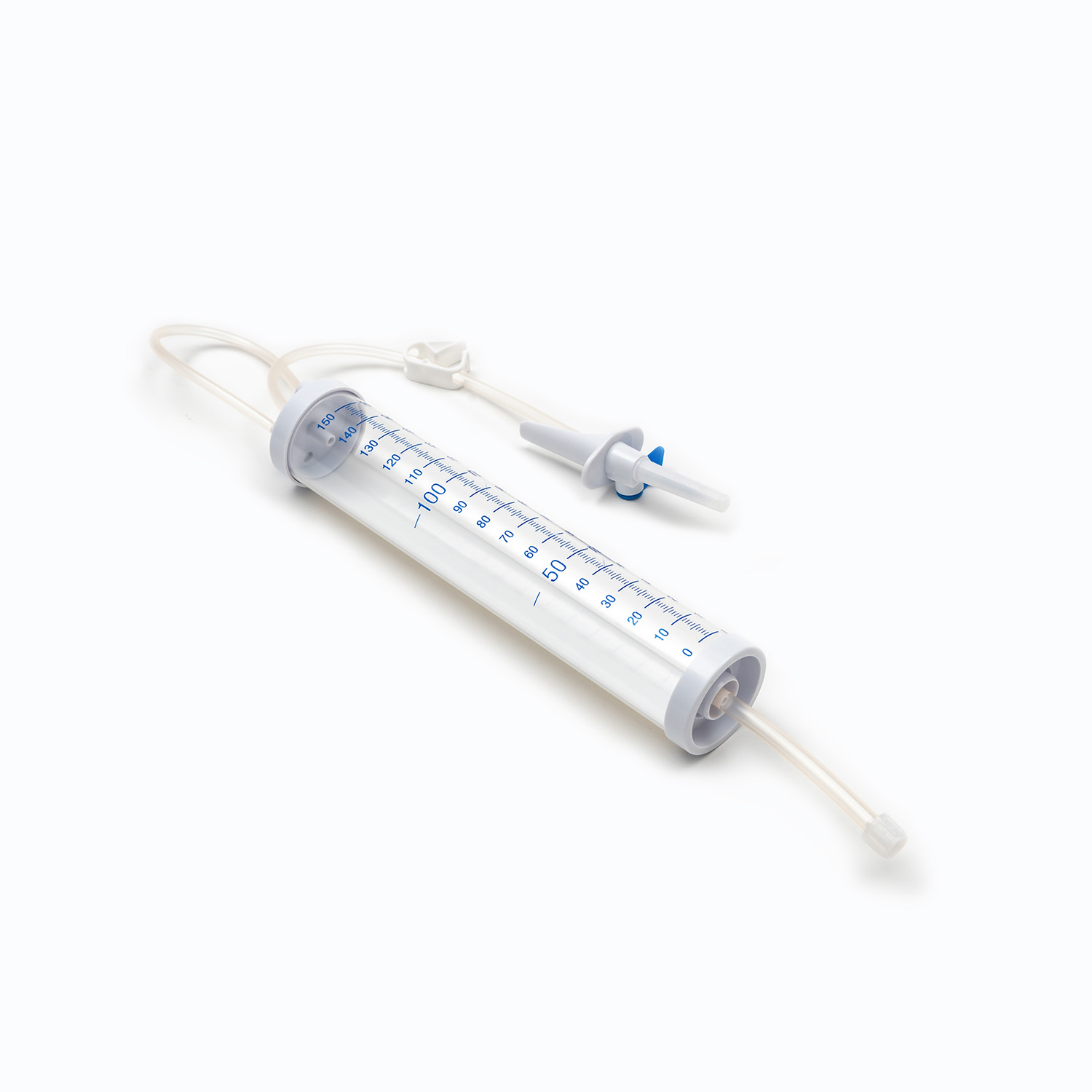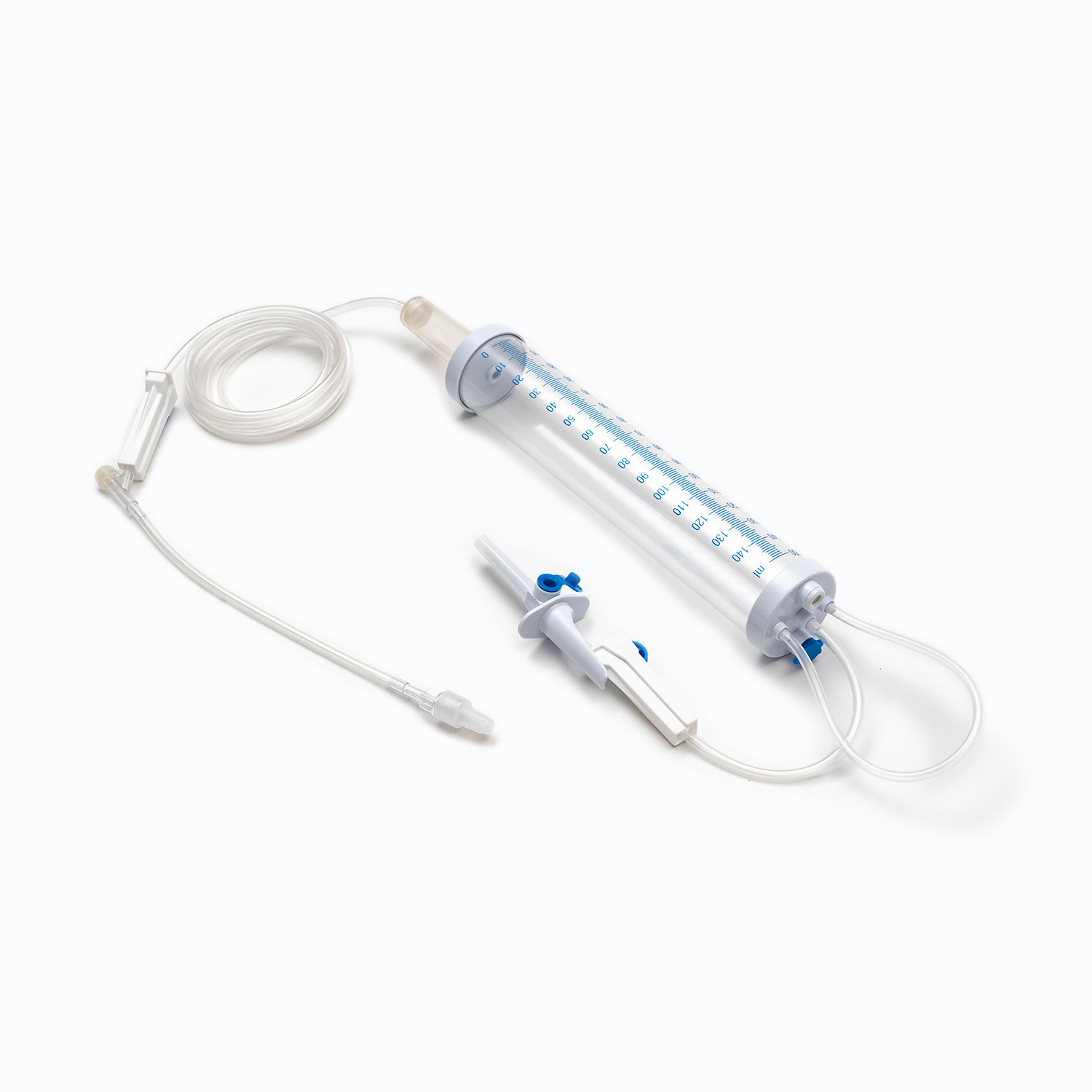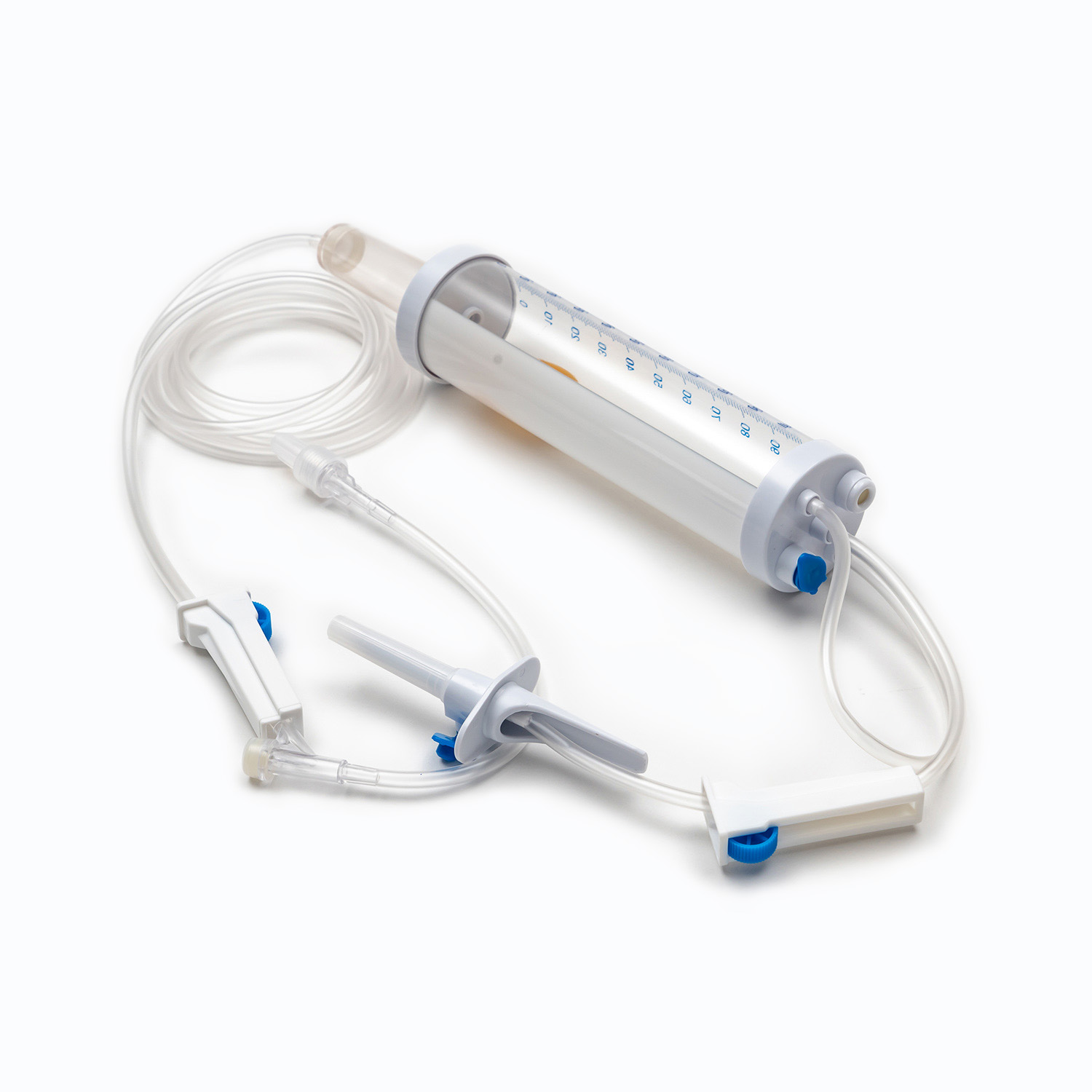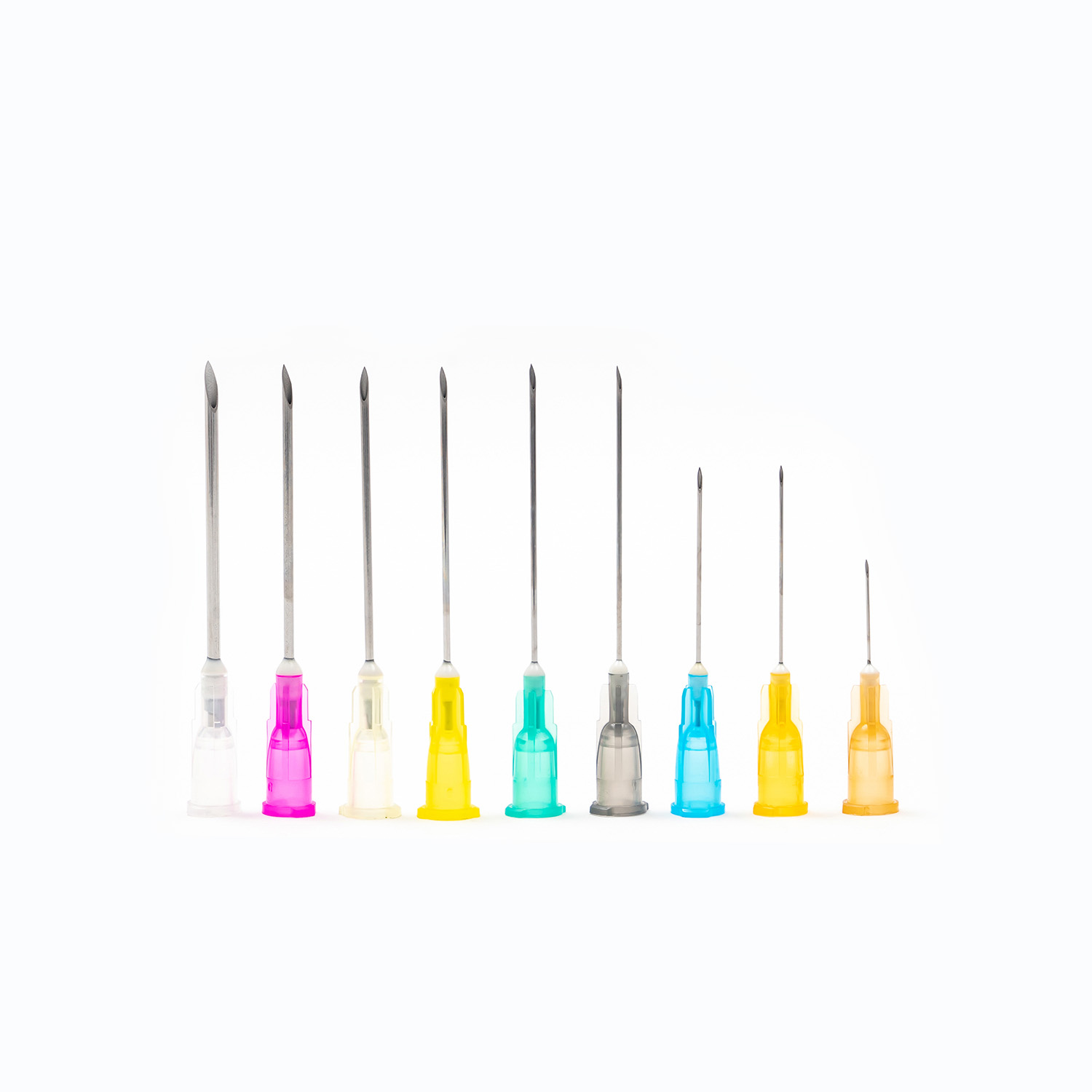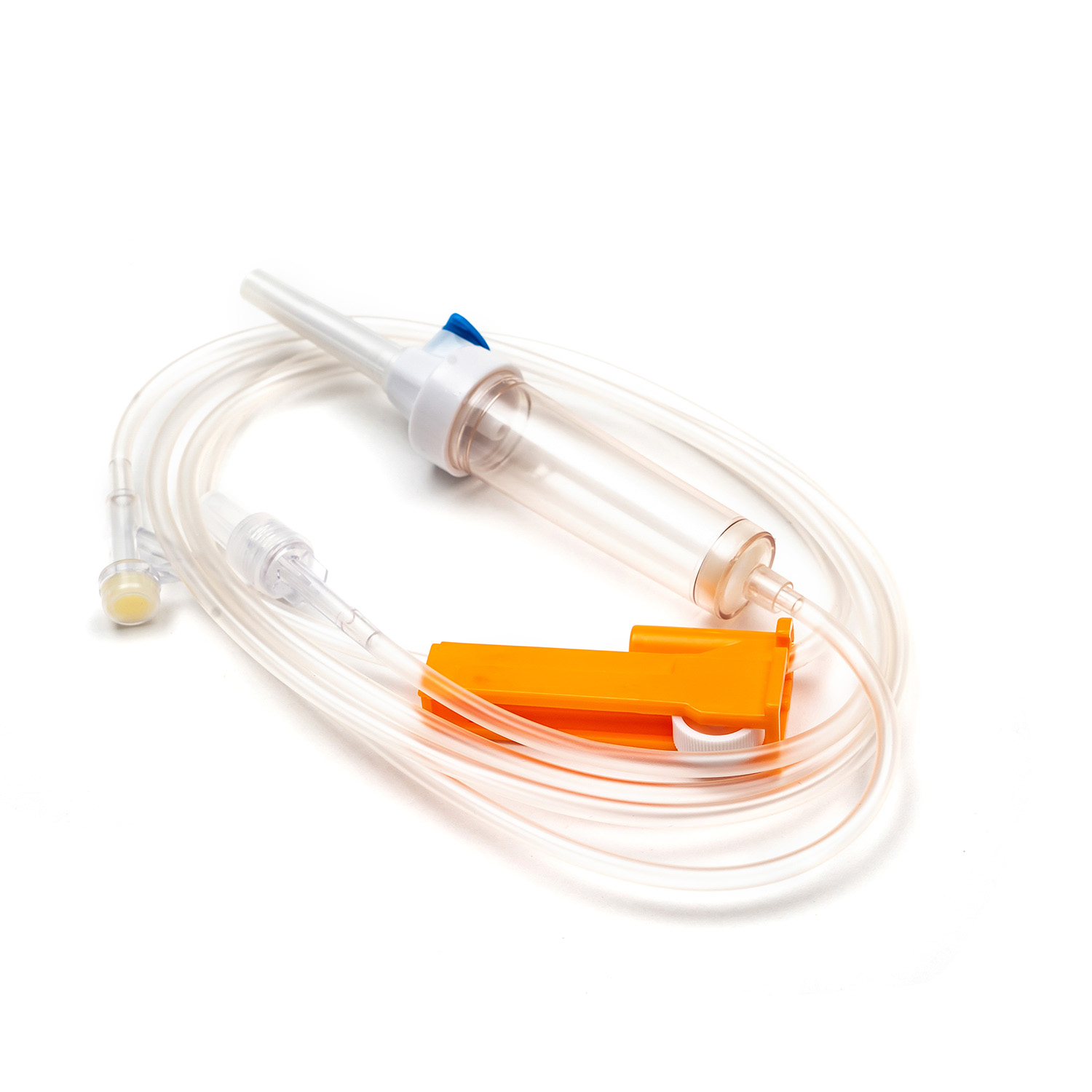Combining High Precision and Safety: A Professional Analysis of Dental Needles
Sep 22,2025
In modern dentistry, dental needles are essential tools for local anesthesia. Their quality and design directly impact patient comfort and treatment safety. Dental needles serve not only as a medium for anesthetic delivery but also as a crucial component of precision medical equipment used in dental clinics. With the advancement of medical technology, the materials, designs, and application methods of dental needles are constantly being optimized to meet the stringent requirements for precision, durability, and safety in clinical practice.
Dental Needle Materials and Craftsmanship
Dental needles are typically made of high-strength stainless steel, which not only ensures needle strength but also effectively prevents bending or breakage during operation. Modern dental needles are precision-polished to create a smooth, sharp tip, minimizing resistance during puncture and soft tissue trauma. Furthermore, stainless steel offers excellent corrosion resistance, effectively preventing rust during disinfection and sterilization, ensuring the long-term safety and stability of the needle.
The tip design of the dental needle is particularly critical. The tip must ensure efficient puncture while minimizing pain for the patient. Through high-precision micro-grinding technology, the needle tip achieves extremely low penetration resistance, which is particularly important for children or sensitive patients. Modern dental needles feature a seamless design at the junction of the needle body and the needle tube, ensuring stable anesthetic delivery and preventing leakage or blockage.

Dental Needle Classification and Application
Depending on clinical needs, dental needles are typically available in varying lengths and gauges to accommodate anesthesia procedures in different areas of the mouth. Needle length directly affects the depth of anesthetic delivery, while needle diameter influences patient comfort and penetration resistance. When selecting a dental needle, consideration must be given not only to the thickness of the tooth and surrounding tissues, but also to the precision of the surgical site to ensure precise targeting of the anesthetic to nerve endings.
Dental needles are widely used in dental procedures for the injection of local anesthesia, analgesics, and anti-inflammatory drugs. High-quality dental needles ensure efficient drug delivery while minimizing patient discomfort and anxiety, thereby enhancing the overall treatment experience. Furthermore, dental needles designed for specialized procedures, such as short and long needles or needles with anti-reflux features, are increasingly meeting diverse clinical needs.
Safety Design and Infection Control
Safety design is crucial for dental needles in clinical applications. To prevent needlestick injuries and cross-infection, modern dental needles incorporate multiple protective mechanisms into the needle body and cannula design. The widespread use of disposable dental needles significantly reduces the risk of infection and simplifies the sterilization process. Reusable dental needles require rigorous sterilization and cleaning procedures to ensure that each use meets medical safety standards.
The connection design of the dental needle and the airtightness of the anesthetic delivery system are also crucial factors in ensuring operational safety. Precision needle-cannula interface design prevents the risk of backflow and needle dislodgement, ensuring operational safety for both physicians and patients. For dentists, balancing safety and ease of use is a key priority in dental needle research and development.

As an indispensable core tool in dental treatment, the development of dental needles not only reflects the advancement of medical device sophistication but also reflects the importance of patient comfort and safety in modern dentistry. From high-strength stainless steel materials and precision tip designs to diverse specifications and innovative technologies, the value of dental needles in clinical practice cannot be ignored. With the advancement of technology and the continuous improvement of clinical needs, dental needles will play an increasingly important role in dental anesthesia and related operations, providing solid guarantees for medical quality and patient experience.



 English
English Français
Français русский
русский Español
Español





